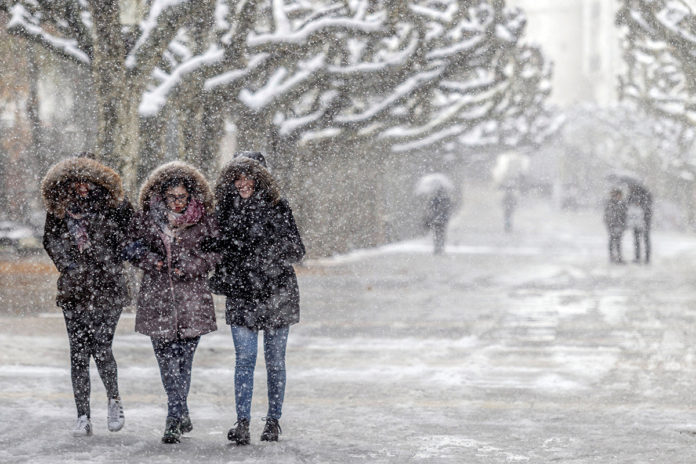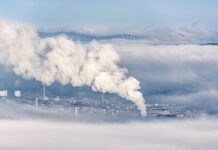
This is Scott Amyx with today’s Climate Change flash briefing.
Did you or someone that you know experience last week’s harsh winter storm in the Midwest?
The arctic cold outbreak last week will go down in history as the coldest, shattering all-time cold records. It created wind chills as cold as minus 60s below zero.
But how you explain such a cold winter in a world that’s getting warmer? Normally the polar vortex or a deep mass of frigid air spins in the Arctic but sometimes the mass of cold air becomes weak and wobbles out of it polar home. When the vortex is disturbed, the cold air can spill out into regions populated by people in North America and Europe.
There are many reasons that could affect polar winds such as weather patterns, storms or other disturbances but one major change is the dramatic warming events called sudden stratospheric warming which splits the polar apart and pushes the vortex to the south where people live. This weakening of the polar vortex and the subsequent spillover of frigid air has become more common over the last two decades.
Scientists believe that Earth will experience more extreme weather as the effects of climate change play out. A study in the journal of Nature Communications last year indicated that the Arctic warming trend will lead to more frequent severe winter weather in the northeastern portion of the U.S.
Stay tuned next time to find out about the latest research on rising ocean temperatures.

















